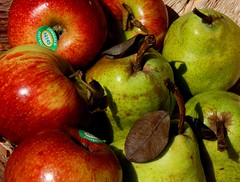Coal mines selling like hotcakes among power hungry Indian and Chinese companies
 Cover via Amazon
Cover via AmazonAustralian, Indonesian, and African Coal Mines Selling like Hot Cakes amongst Power Hungry Indian,Chinese Companies...
Africa, Australia, China, Coal, Energy, Indonesia:
Coal Mines in Indonesia,Australia,Africa and North America are selling like hot cakes as Indian,Chinese companies as well as mining conglomerates like Rio Tinto,Vale,BHP Billiton fight to secure raw materials.Note India and China are consuming huge amounts of coal to power their thermal plants.While China consumes a monstrous 3 billion tons,Indian demand is rising at more than 10% a year though on a smaller base.Coal is the cheapest form of power despite its polluting and health hazardous affect.Though Coal Plants in Developed countries are becoming much more expensive to build due to taxes and opposition by environmental groups,there is no stopping their furious growth in countries like China and India.Though India too faces some environmental opposition,massive ultra mega power plants with capacity of 4000 MW are getting built by new Indian private utilities.
Acknowledgements: Abkishek Shah
Green World Investor
http://greenworldinvestor.com/topics/world-markets
http://planetgreen.discovery.com/video/planet-100
www.facebook.com/green
http://ecospree.com
Labels: Africa, Australia, coal, Developed country, Fossil fuel power station, India, Indonesia, mining






